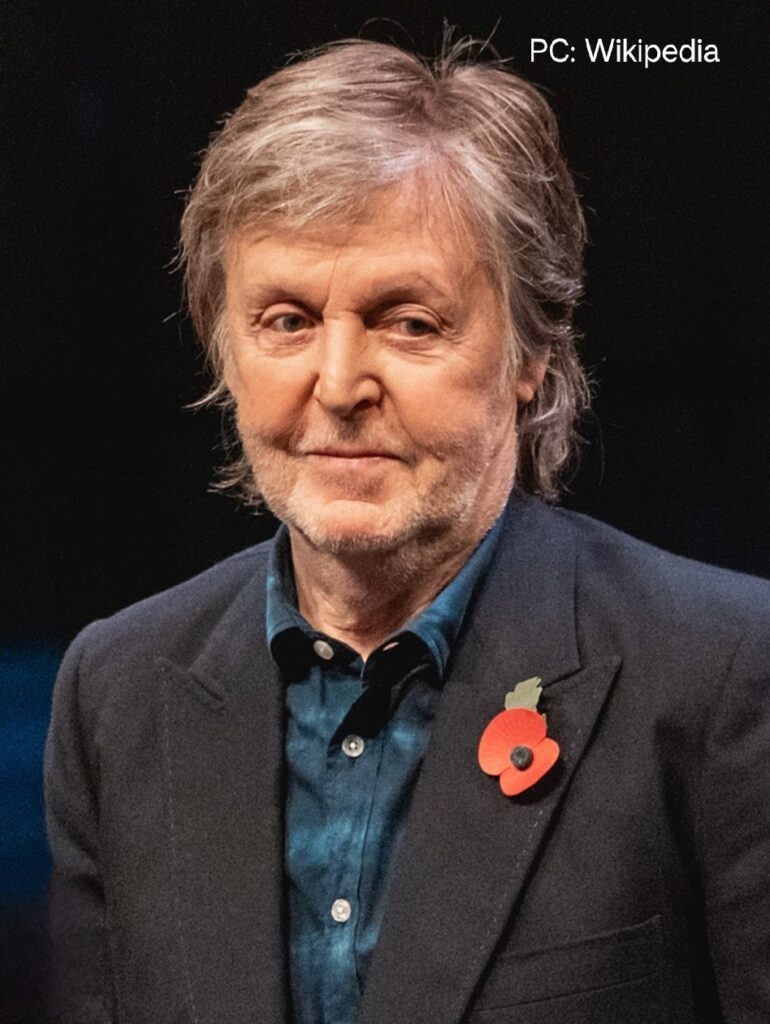Music has consistently served humans across all ages as a medium of emotional and artistic expression. Paul McCartney, a member of The Beatles, has voiced serious concerns about AI music production and copyright issues in the current era of AI development. The emergence of AI-generated music scores raises significant legal ambiguities regarding ownership rights, as well as conflicts related to fair use and ethical considerations surrounding the defense of artists’ rights. McCartney emphasizes that AI technology poses risks for creators, leading to the potential unauthorized appropriation of works without adequate compensation, undermining authentic methods of musical creation. The article explores AI’s detrimental effects on the music industry while critiquing the inadequacies of current copyright laws and proposing reforms to balance technological advancement with the protection of musician’s creative rights.
Artificial Intelligence In Music: A Game-Changer Or A Threat To Creativity?
Modern technology, through artificial intelligence, reshapes music creation by producing songs, remixed tracks, and instrumentals with almost no human involvement. AI studies extensive musical databases to detect patterns; then it produces musical compositions that demonstrate similarities to famous artists’ works. The new technology provides businesses with various manufacturing possibilities, but it comes at the cost of diminished copyright protection standards. McCartney considers unauthorized AI music copying of artist-specific musical expressions to be a threat not just to musicians, but to the integrity of music. Law enforcement must take steps to safeguard the original musical works of artists, as this basic protection ensures that their creation remain secure.
Paul McCartney’s Stand: Defending Artists From AI Exploitation
One of the music industry’s iconic figures, Paul McCartney, actively warns about AI threats against the rights of artists. Technical developers can use AI to generate music from the artistic work of musicians without acknowledging or compensating artists. According to McCartney’s recent statements, he supports applying stronger copyright laws, which would shield artists from financial hurt caused by AI copyright violations. AI deepfake music already exists, which clones soundtracks from musicians and uses their vocal characteristics illegitimately. Without proper legal protections, AI will transform into a widespread instrument of exploitation that will weaken musical authenticity.
Fair Use & AI-Generated Music: A Legal Grey Area
The doctrine of fair use enables people to use copyrighted material in minimal ways as long as they engage in educational, research, or critical activities and review functions. The use of the fair use doctrine becomes more intricate due to the growing challenges presented by AI technology. The extensive training of AI models with copyrighted music presents an ambiguity regarding their usage rights, as it could violate copyright law or meet fair use criteria. The process of teaching AI models using original works receives divergent opinions from developers, as artists believe that AI-generated outputs mimic artistic creations too closely, which violates copyright law. The confusing legal framework regarding fair use and AI demands specific guidelines to establish the acceptable limits of AI’s creative capabilities.
Current Copyright Laws: Struggling To Keep Pace With AI Innovation
Copyright laws were put in place to secure the intellectual property of the creators of creative works to prevent the unauthorized use of their works, But, of course, these laws do not engage with AI and, thus, it is difficult to implement the ‘traditional copyright’ spirit. Under the U.K. government reforms proposed recently, right holders could reserve their rights for making use of works in AI training to get paid for their use. However, critics claim that “opt-out” AI developers obtain permission before using their works. In contrast, the U.S. Copyright Office decided that AI-assisted works are entitled to copyright only if they show enough human creativity, which proves that there is a need for a standardized global approach to AI copyright-related issues.
AI Transparency & Licensing: The Need For Clearer Regulations
The main challenge of AI music generation is the unclear origin of datasets that train AI models. AI developers who keep their data sources undisclosed make it hard for artists to identify which musical compositions have been used. AI developers must disclose their training data sources to the public through regulations, as this approach enables artists to pursue legal actions against the misuse of their content. AI training would benefit from a voluntary licensing protocol that requires artists to specifically allow the use of their work in AI training procedures and offers fair remuneration, as wells as style protection.
Navigating The Future: Legal Reforms For Artists Rights In The AI Era
Although AI brings big promises for the music industry in terms of progress, there are some necessary legal reforms to ensure that technological progress is not against the interests of artists. The music industry needs multiple solutions that start with enhanced copyright protection to prevent AI-created music from entering the market and, secondly, require AI developers to pay artists royalties when they use their work as training data. Additionally, it is essential to establish ethical AI policies for developers’ responsibility and collaborative rights management. This combination of strategies would protect artists’ intellectual property rights while permitting the growth of music innovations in modern development.
The Future Of Music: Ensuring That Creators Are Not Left Behind
The progressive transformation of music through AI must involve proper measures to prevent the elimination of human musical creators. The music industry needs to adapt to technological progress while preserving original ideas and creative works of artists. AI lacks proper legal protection mechanisms, which enable its music creation to diminish the market value of human creativity, thus transforming authentic artistic expressions into secondary features of machine-generated compositions. Paul McCartney works to protect copyrights as he demonstrates the fundamental importance of human musicians rather than machines in the creation of music.
A bridging role for law exists to create equitable solutions between artistic rights and innovations that affect multiple parties involved in these conflicts. Music copyright protection efforts extend beyond historical protection measures while prioritizing the defense of musical productions that will emerge in future generations.
Authors: Seema Meena, Manasvi Shah & Apurva Ranjan

